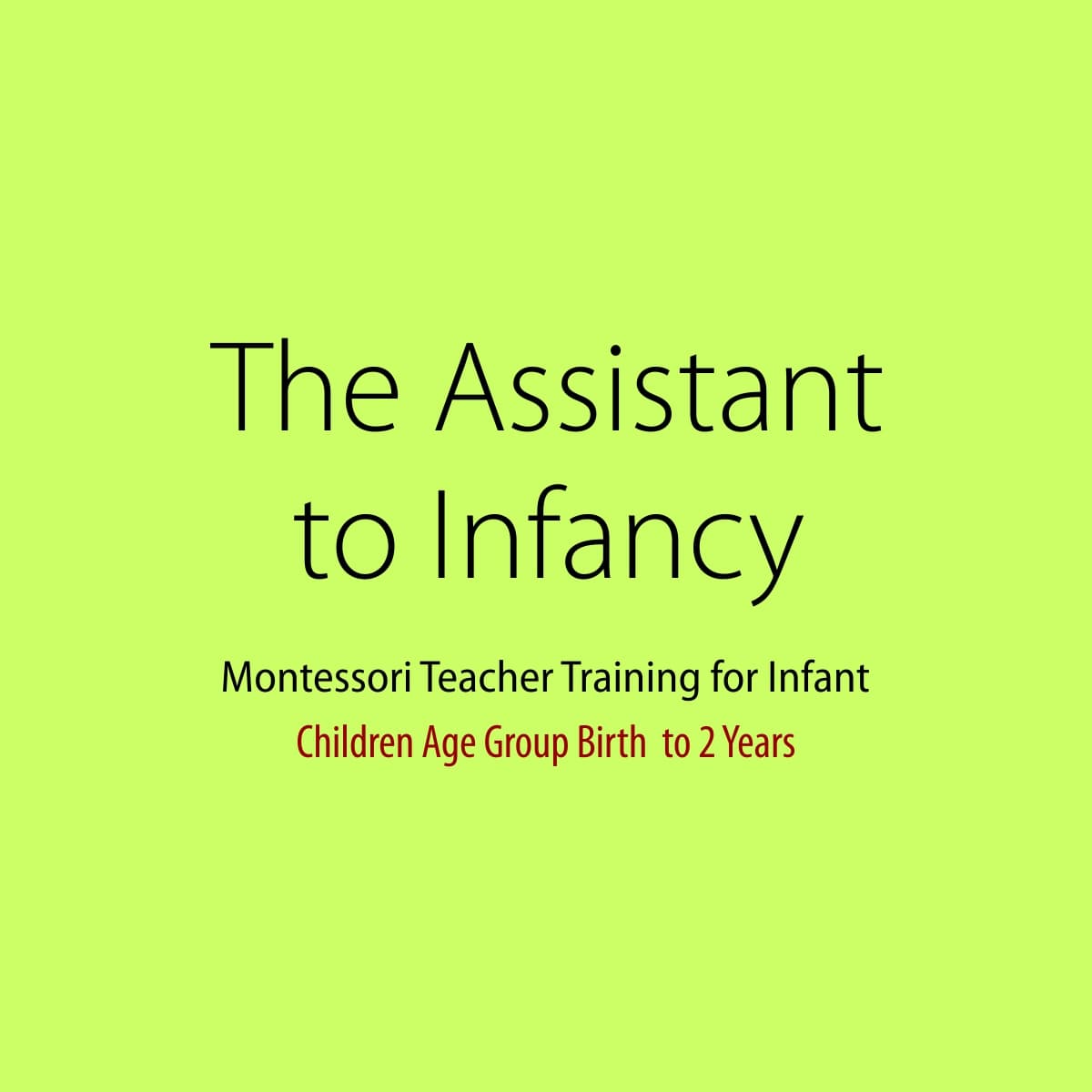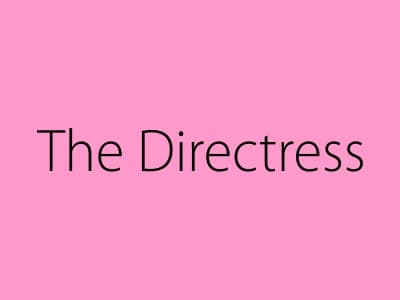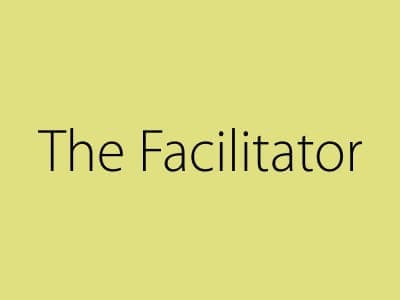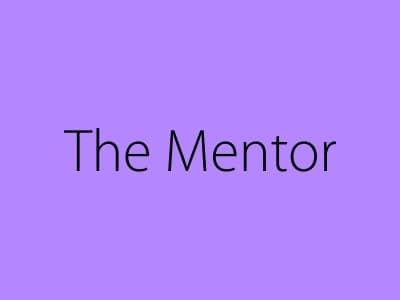Course Info:
This program is for teachers who assist mothers during the infancy period of the child imparting knowledge about childcare with respect to nourishment, activities in which the child can be engaged in this phase and preparing a conducive environment that propels the all round development within.
Course Ratings:
-
Course Excellence
%
-
Ease of Learning
%
-
Adaptability
%
-
Employed
%
Course Metrics:
Course Overview
How the Course is StructuredTheory Sessions|Practicum Classes|Year Long Project|Internship
| Theory Sessions: 300 hours of lectures, interactive discussions, and hands-on activities focusing on Montessori theory and infant development. |
|---|
| Overview | Topics |
|---|---|
| Theory & Psychology |
|
| Medical / Developmental |
|
| Methodology by Subject |
|
| Practicum & Observation |
|
| Additional Sessions |
|
| Course Work |
|
| Practicum Sessions: 500 hours | Follow up Sessions: 200 hours Max. |
|---|
| Practicum hours do not include independent research, material making, album preparation and/or examinations. |
| Yearlong Project |
|---|
| In-class Yearlong Project work can comprise no more than 16 academic contact hours. |
| Internship | In-school Training |
|---|
| 350 Hours of Internship in schools involve assisting children & observation as per the school code. |
Course Curriculum
What the Course offers to YouMontessori Philosophy and Pedagogy |Human & Child Development |Classroom Leadership & Program Administration |Community Involvement and Partnership with Families |Curriculum Implementation: Practical Life |Curriculum Implementation: Art, Music & Perceptual Motor Development |Curriculum Implementation: Sensorial Development |Curriculum Implementation: Sensorial Mathematics |Curriculum Implementation: Science |Curriculum Implementation: Cultural Subjects |Curriculum Implementation: Language Development |Curriculum Implementation: Practicum
Module 1 of 6 : Theory and Psychology
| Course Categaory: | Montessori Theory & Child Psychology |
| Minimum Course Topics: |
|
| Hours: | 80–100+ hours |
| Course Description: | This module lays the theoretical foundation for infant education. It covers Montessori principles with a particular focus on psychological development and the role of movement and early language in fostering independence among young children. |
| Course Work Examples: |
|
Module 2 of 6 : Medical/Developmental
| Course Categaory: | Anatomy, Obstetrics, Nutrition, and Hygiene |
| Minimum Course Topics: |
|
| Hours: | 50–70+ hours |
| Course Description: | This module provides essential medical and developmental knowledge including anatomical basics, obstetrics, nutrition, hygiene, and an introduction to child neuropsychiatry to support safe and effective infant care. |
Module 3 of 6 : Methodology by Subject
| Course Categaory: | Psycho-Sensory and Environmental Methods |
| Minimum Course Topics: |
|
| Hours: | 70–90+ hours |
| Course Description: | This module presents the methodologies used in infant Montessori classrooms through psycho-sensory activities, guidance on home environment creation, and practical community-based activities for infants. |
Module 4 of 6 : Practicum and Observation
| Course Categaory: | Supervised Practice & Observation |
| Minimum Course Topics: |
|
| Hours: | 100–150+ hours |
| Course Description: | This module focuses on practical application through supervised practice and observation in infant classrooms, ensuring that trainees gain real-world experience with Montessori materials and infant care techniques. |
Module 5 of 6 : Additional Sessions
| Course Categaory: | Supplementary Training |
| Minimum Course Topics: |
|
| Hours: | 40–60+ hours |
| Course Description: | This module offers additional sessions aimed at reinforcing core concepts through group discussion, review, and practical application—ensuring that teachers are well-prepared in both theory and practice. |
Module 6 of 6 : Course Work
| Course Categaory: | Practical Assignments and Projects |
| Minimum Course Topics: |
|
| Hours: | Variable |
| Course Description: | This module encompasses all the practical work required in the course, including written assignments and material-making projects that integrate theoretical learning with hands-on application. |







